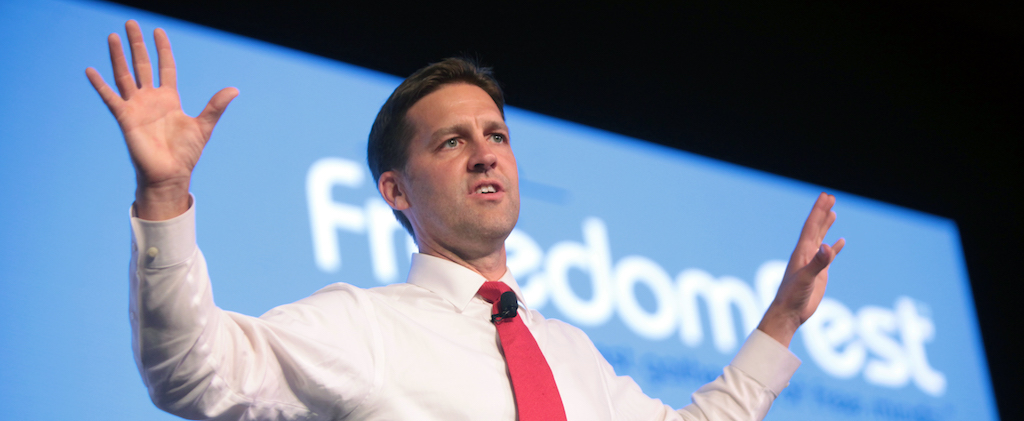This guest review is written by Ben Whisenant.
Nebraska Senator Ben Sasse has written a book about raising children to be adults, and strangely for a book written by a sitting politician, it contains no concrete policy proposals. It’s a truism, especially on the political right, that politics is downstream of culture. From this perspective, politics and politicians are limited. The problems plaguing our society are rooted in communities and families; and the solutions must be formed by communities and families. Instead of passing the buck impotent politicians, Americans must take a long, honest look in the mirror. Sasse acknowledges this and writes from the point of view of a husband, father, historian, Augustinian, and American.
Login to read more
Sign in or create a free account to access Subscriber-only content.
